How to fight against counterfeit medicines ?
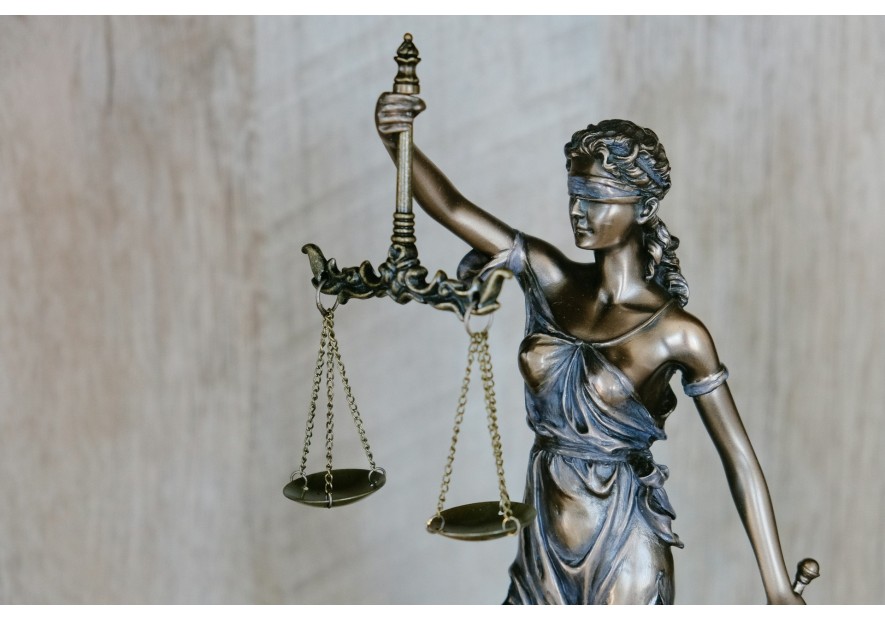
Counterfeit medicines are a global scourge with disastrous health and economic consequences. In her thesis entitled "Médicaments falsifiés : moyens de lutte et techniques de détection", defended in 2019 at the University of Rennes 1 (France), Jeannette Ngue explores in depth the strategies for combating this phenomenon and the technologies available for identifying counterfeit products.
Jeannette Ngue's thesis work
Jeannette Ngue points out that counterfeit drugs account for around 10% of the global pharmaceutical market, with proportions reaching up to 30% in some developing countries. This situation is exacerbated by the proliferation of online sales, where nearly 50% of the medicines on offer are said to be falsified. The consequences are alarming, with nearly a million deaths a year attributable to the consumption of these counterfeit products.
To combat this scourge, Jeannette Ngue puts forward several approaches:
- Strengthening legal frameworks Adoption of stricter laws and harmonization of international regulations to facilitate cooperation between countries.
- Raising public awareness Inform consumers about the risks of buying medicines online, and encourage them to use official channels.
- Detection technologies: Use of advanced analytical methods, such as mass spectrometry and chromatography, to authenticate drugs.
- Traceability: Set up systems to track drugs from manufacture to distribution, in order to detect any anomalies.
Scope of the counterfeit and illegal drugs market
The market for counterfeit medicines is constantly expanding, fueled by sophisticated criminal networks. According to estimates, this market could generate annual sales of $75 billion, with a 90% increase in five years. The most frequently counterfeited medicines include malaria treatments, HIV treatments, antibiotics and weight-loss products.
Developing countries are particularly hard hit, due to less robust healthcare systems and less stringent regulations. Developed countries, however, are not spared, not least because of the rise of online shopping. A recent study revealed that almost 96% of online pharmacies operate illegally, exposing consumers to ineffective or dangerous products.
International initiatives to combat drug counterfeiting
In response to this threat, a number of international initiatives have been put in place. The Council of Europe Convention on the Counterfeiting of Medical Products, also known as the MEDICRIME Convention, obliges signatory states to criminalize the manufacture and trafficking of counterfeit medicines. This convention also promotes cooperation between nations to strengthen preventive measures and protect public health.
In conclusion, Jeannette Ngue's thesis offers a detailed analysis of the challenges posed by counterfeit medicines, and proposes concrete solutions for dealing with them. The combination of a strengthened legal framework, cutting-edge technologies and increased public awareness is essential to curb this global scourge.
Check My Med - Participatory Science Check My Med - Participatory Science
Join Pharmanalyse in the fight against counterfeit and illegal drugs! Order our drug analysis and contribute to knowledge about the quality of medicines on the market. Our laboratory analyzes your drug, studies the data and publishes the results in a summary report accessible to the public....
Price €49.00
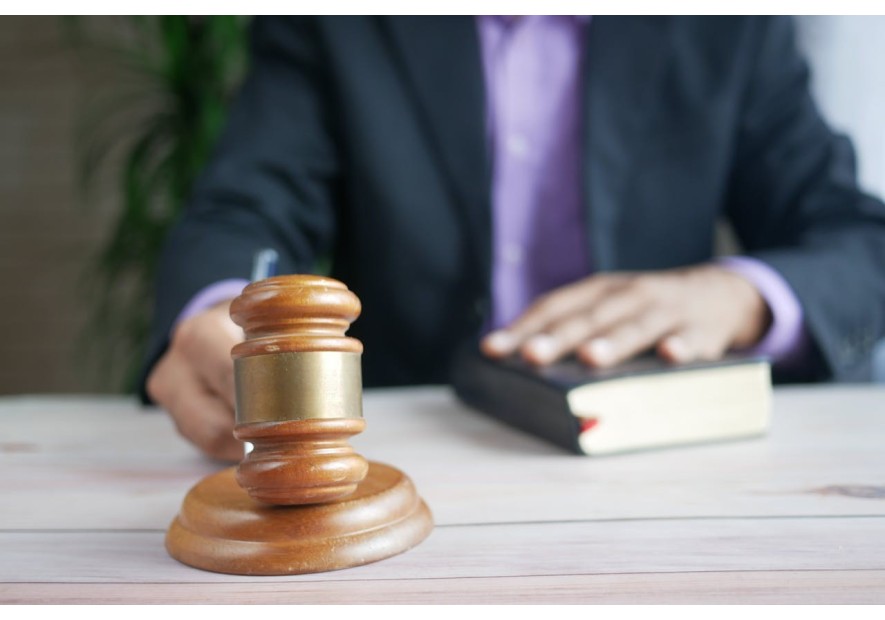
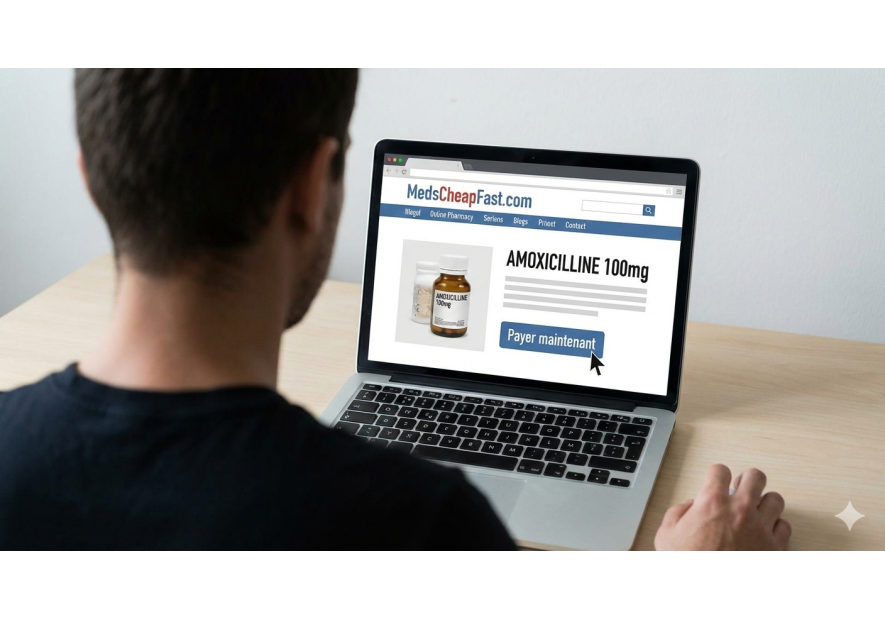
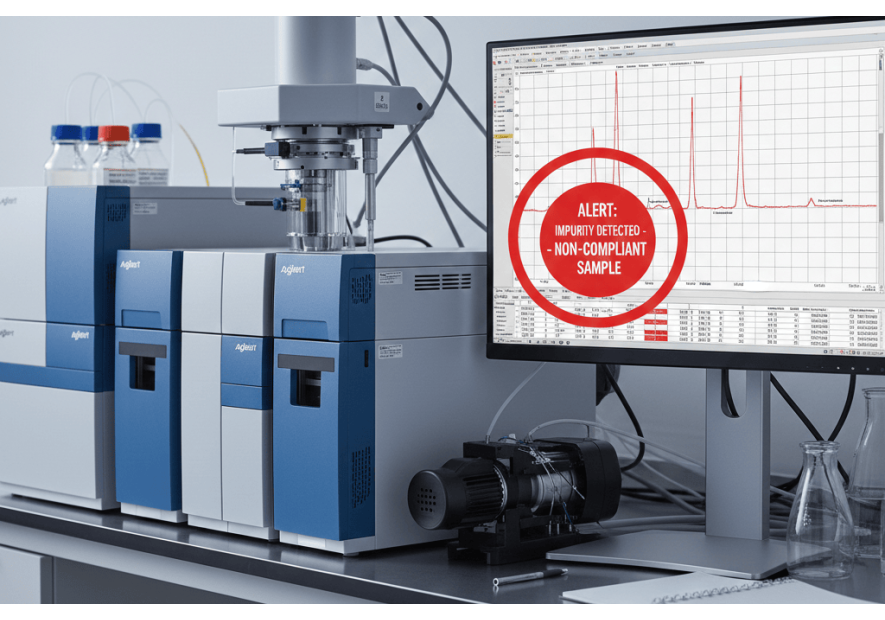
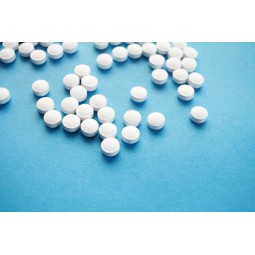
Leave a comment